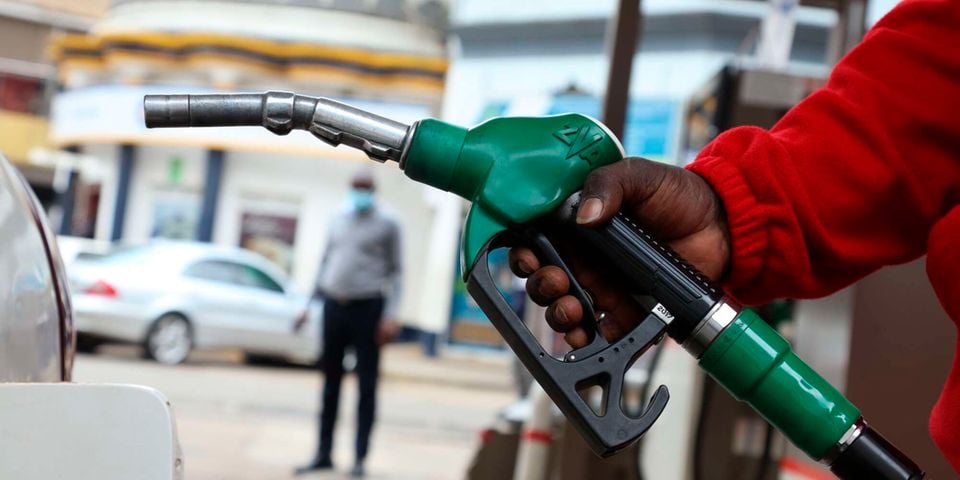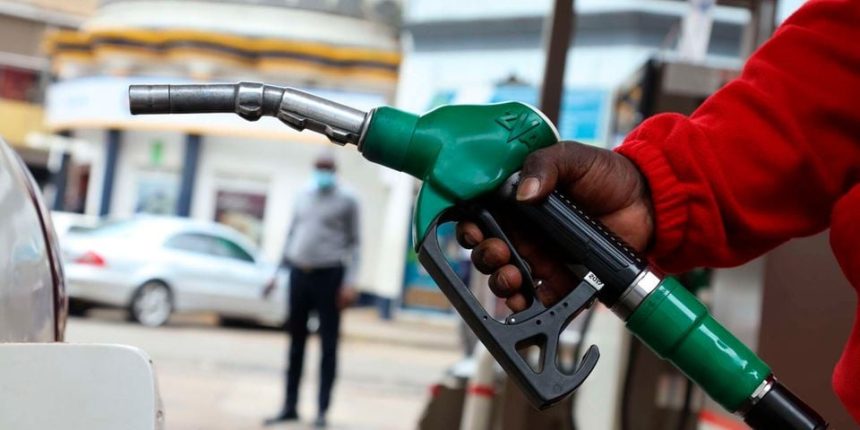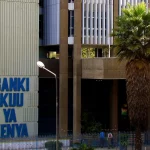Oil marketers have petitioned Parliament to exempt them from the two percent withholding tax on their fuel supplies in a move they say will improve their thin profit margins.
The dealers, while appearing before the Finance and Planning Committee of the National Assembly, said that the requirement which started in 2019, has eaten into their earnings amid low margins due to price controls on fuel.
The Finance Act of 2019 requires all businesses to deduct two percent of the value of the vatable supplies and remit it to the Kenya Revenue Authority (KRA).
Read: Oil marketers get reduced margins for diesel supply
“Withholding Value Added Tax of two percent of the value of the product which is highly capitalised means that you are holding an amount that is seven times more than the margin realised on the same,” the dealers said through the Petroleum Outlets Association of Kenya.
“Businesses in price control industries should be exempted because their profits are already predetermined.”
VAT is not withheld on goods and services that are exempt and zero-rated. Any VAT withheld in exempt and zero-rated supplies is treated as tax paid in error and therefore refundable by the Commissioner.

Withholding tax is a mechanism where the recipients of qualifying goods and services are required to deduct a percentage of income tax at source on payments made to their suppliers and remit this to the revenue authority as an agent.
The two percent withholding VAT is remitted by the appointed KRA agents on or before the twentieth day of the month following the month in which the deduction is made.
The committee is expected to make a decision on the petition and table it before Parliament in its review of the Finance Bill, 2023.
The dealers are also anchoring their push in the legal provision that allows firms to apply for exemption from the KRA if it proves that the two percent deduction as withholding VAT leaves the company in a continuous cash crunch for at least two years.
The push to have oil marketers exempted from the requirement comes amid a biting cash crunch as dealers grapple with an unpaid Sh45 billion bill from the government for the fuel subsidy that was discontinued last month.
The compensation delays have significantly hurt the small dealers who have warned that they face auctions over defaulted bank loans that they tapped at the peak of the financial crisis last year.
Read: Why Total and Africa Oil abandoned Kenya’s oil project
Oil marketers are among the businesses that have lobbied Parliament to amend existing tax laws or avoid implementing proposed tax hikes in the Finance Bill, 2023.



